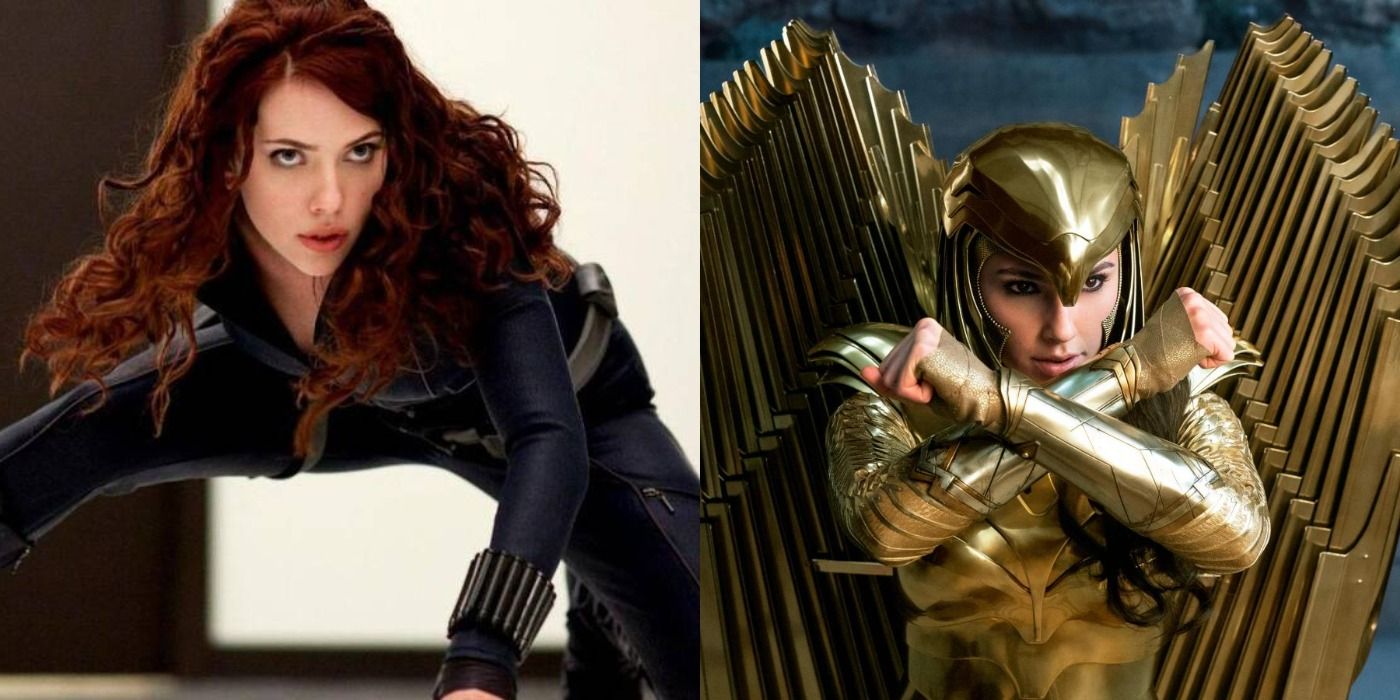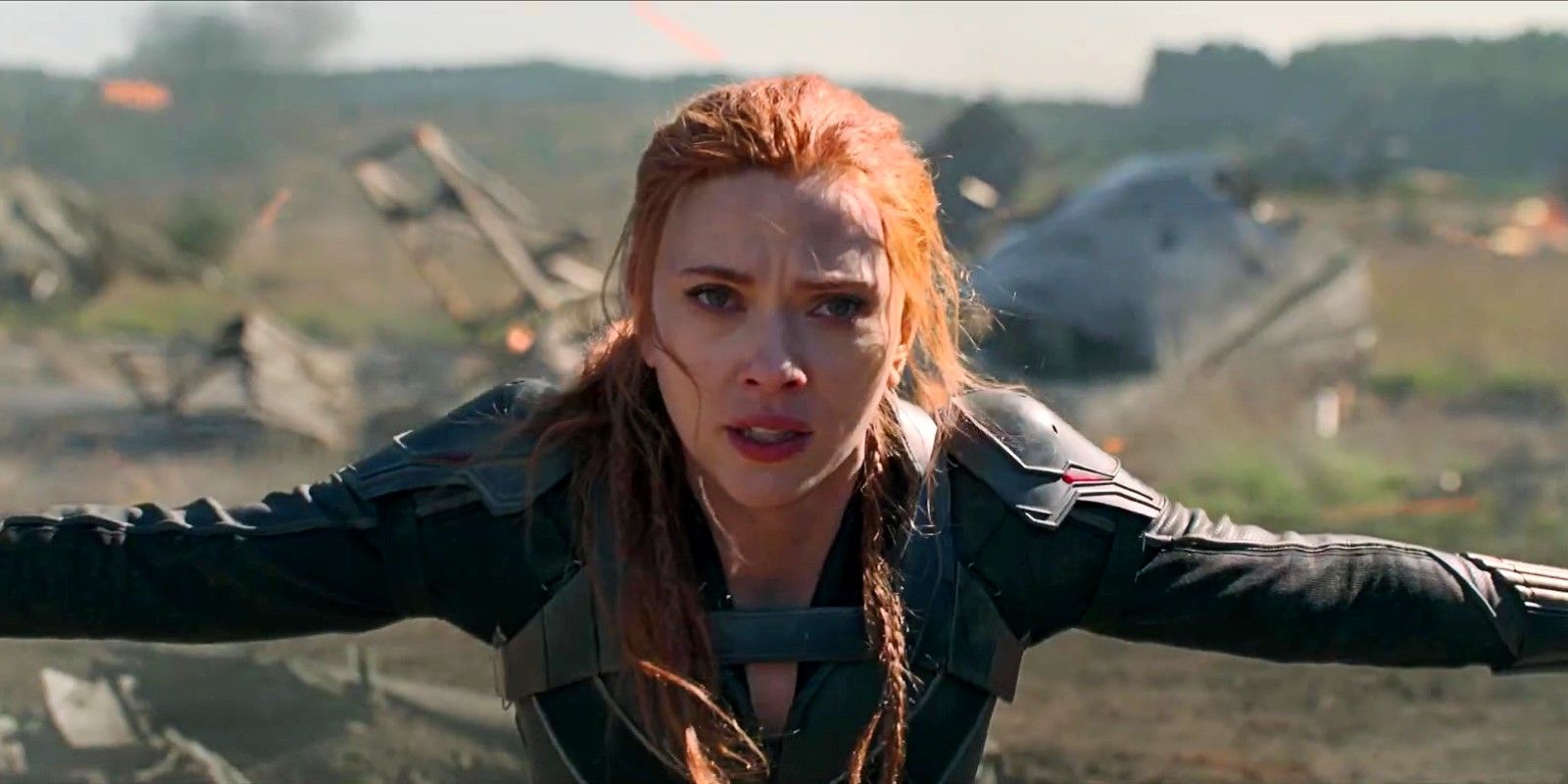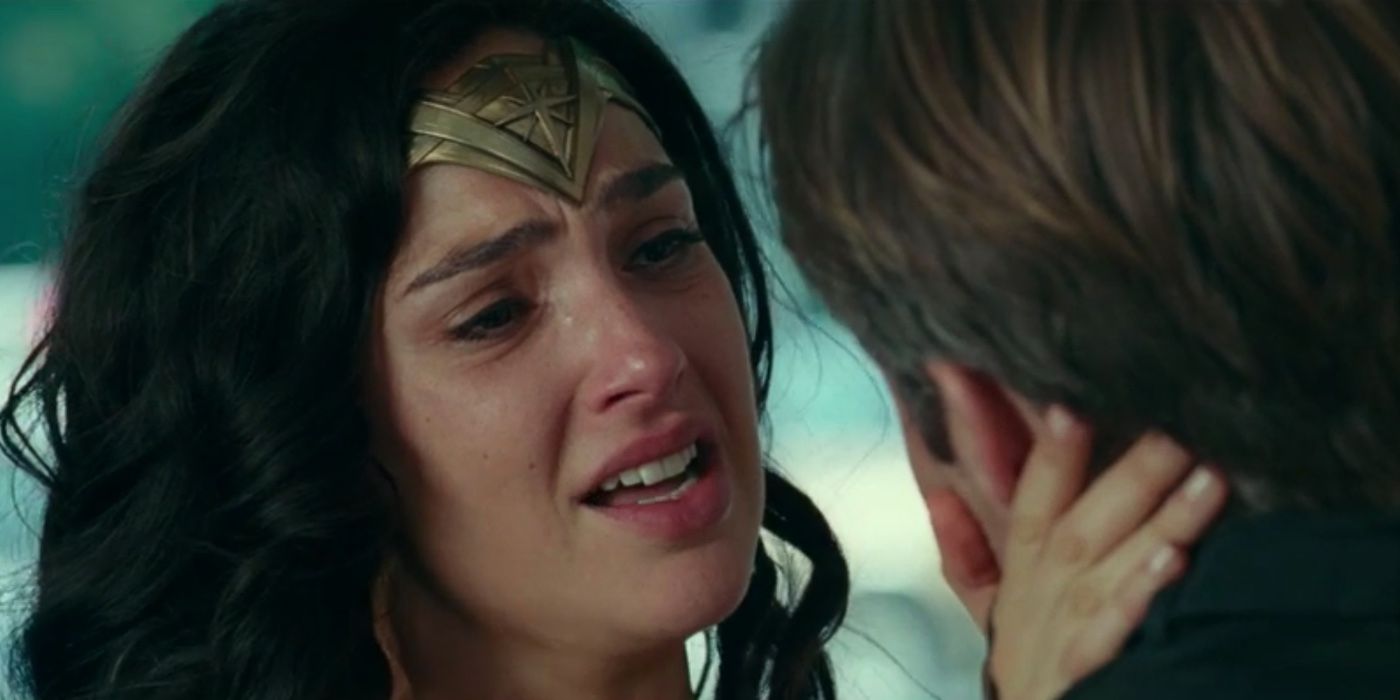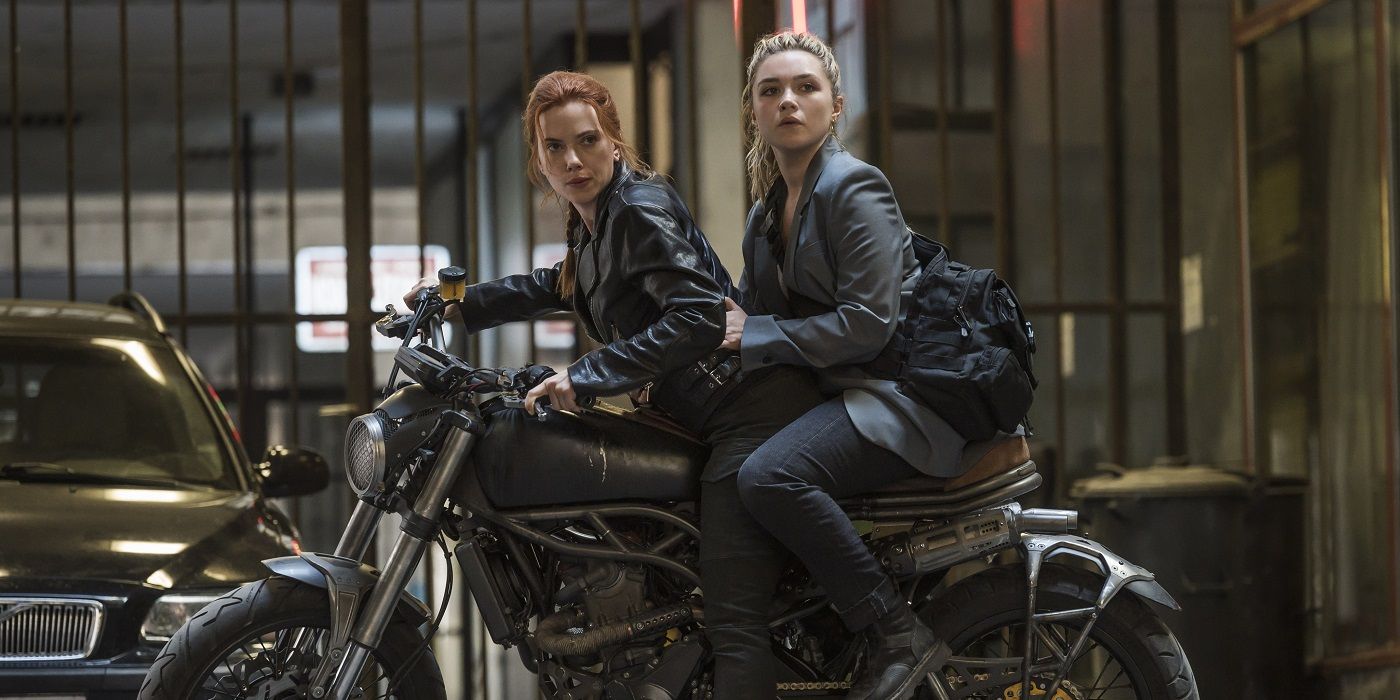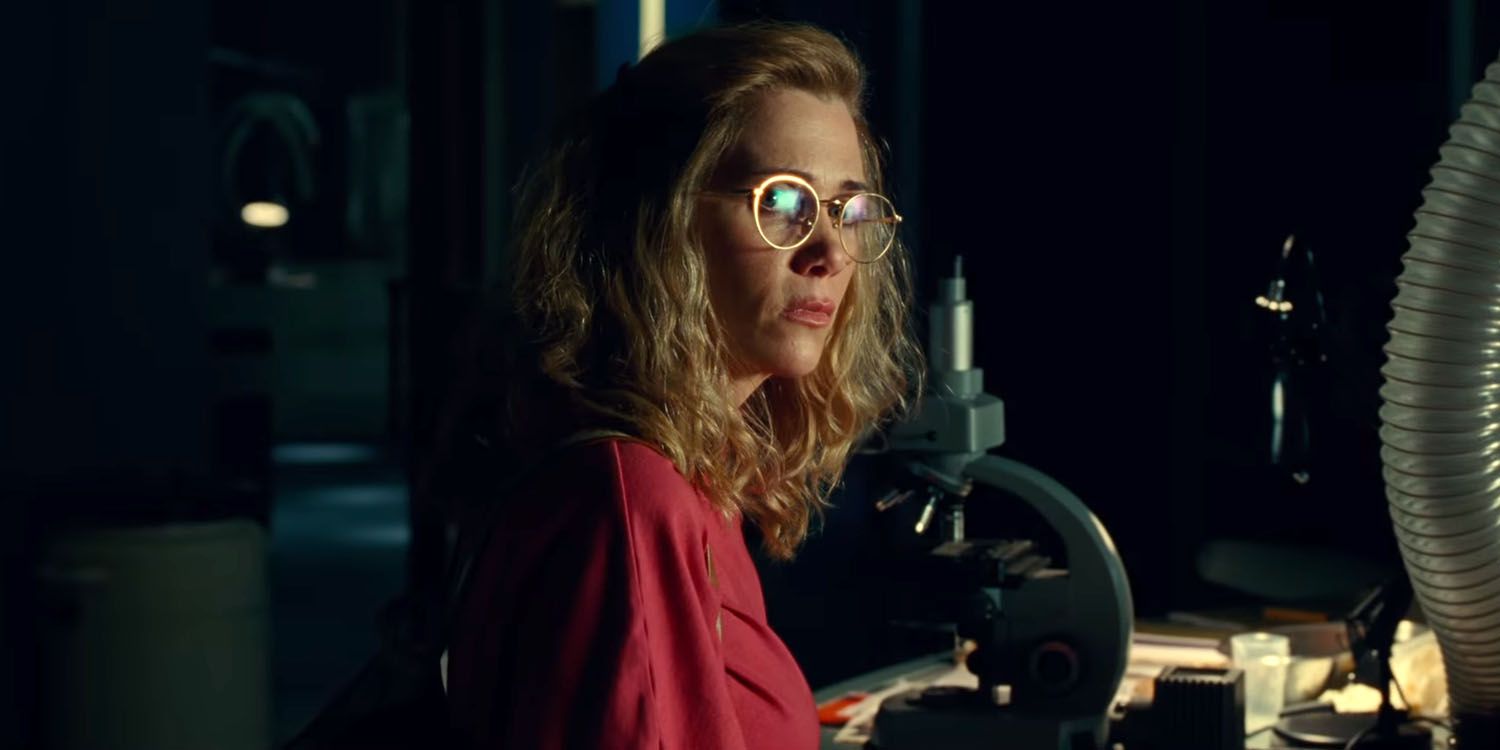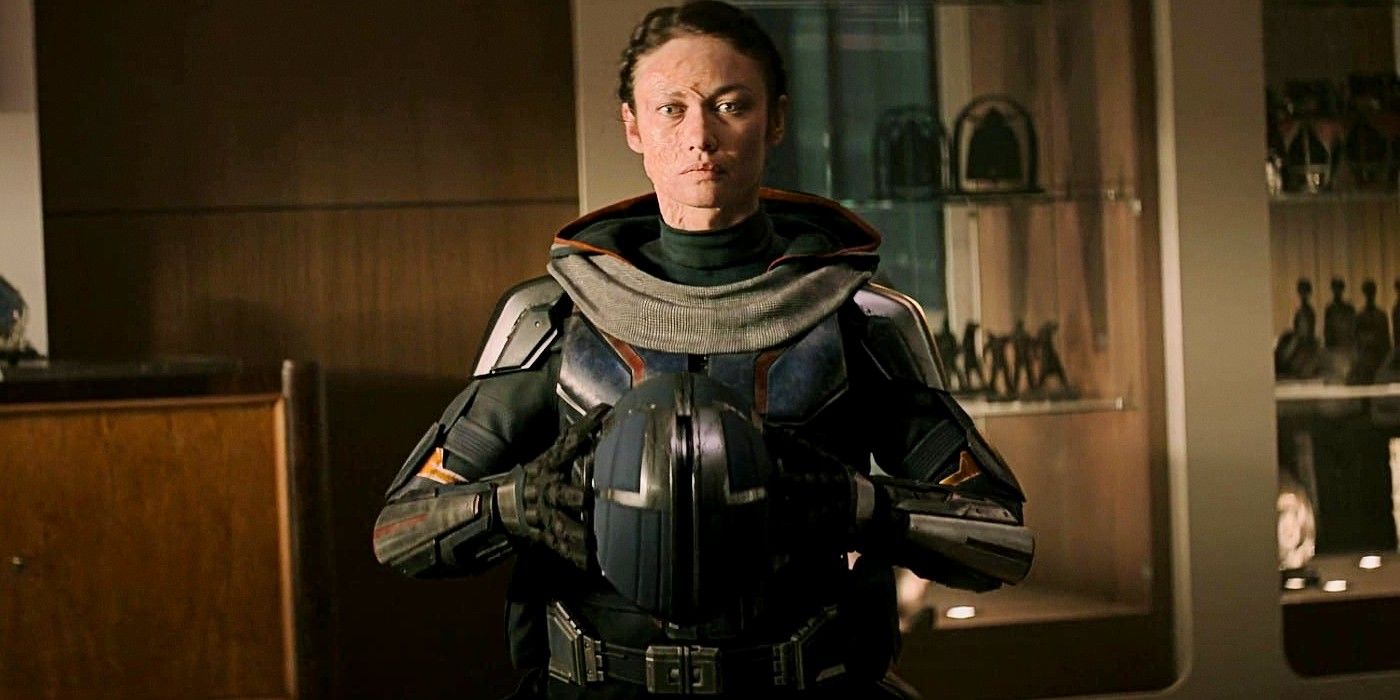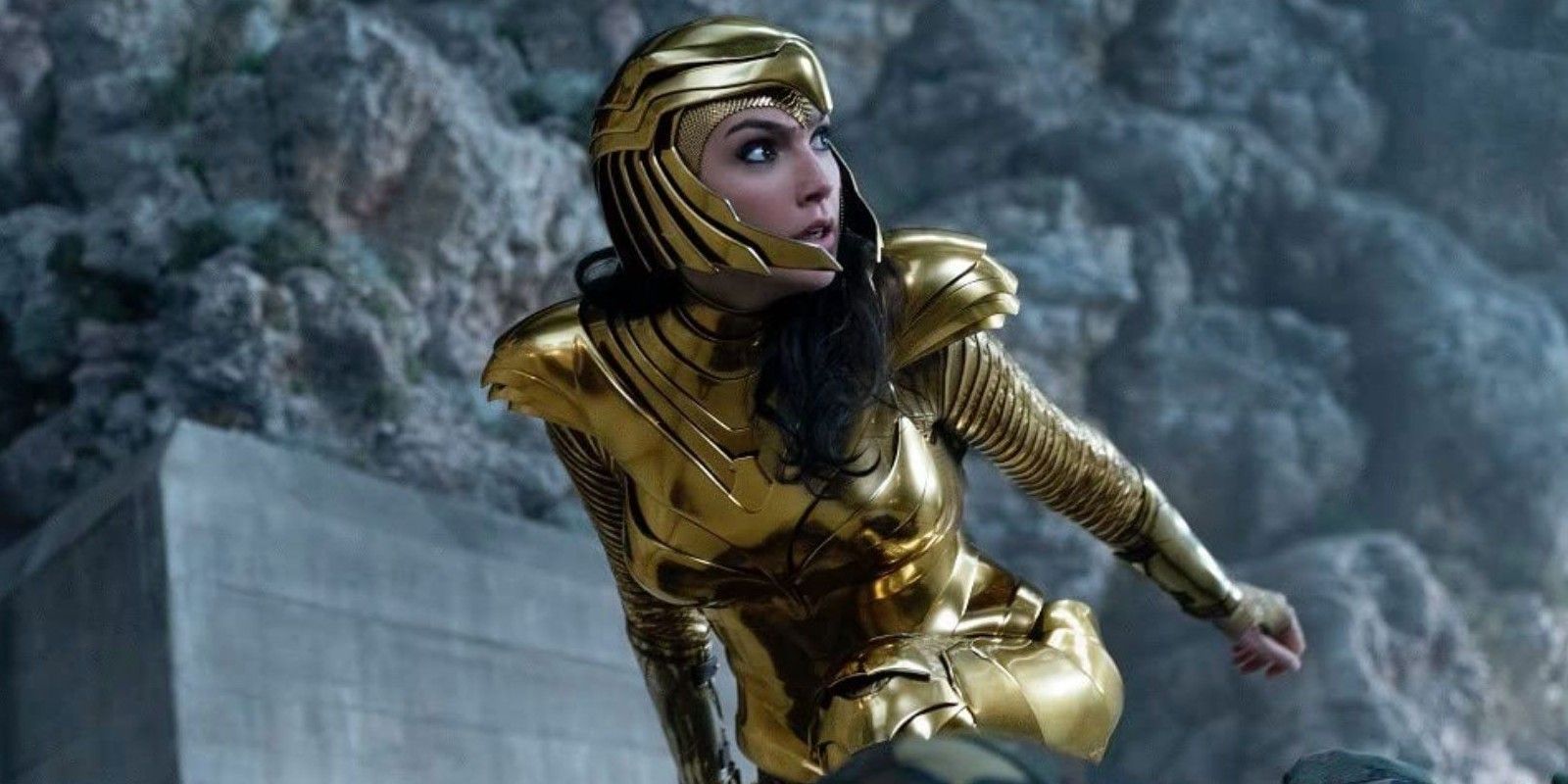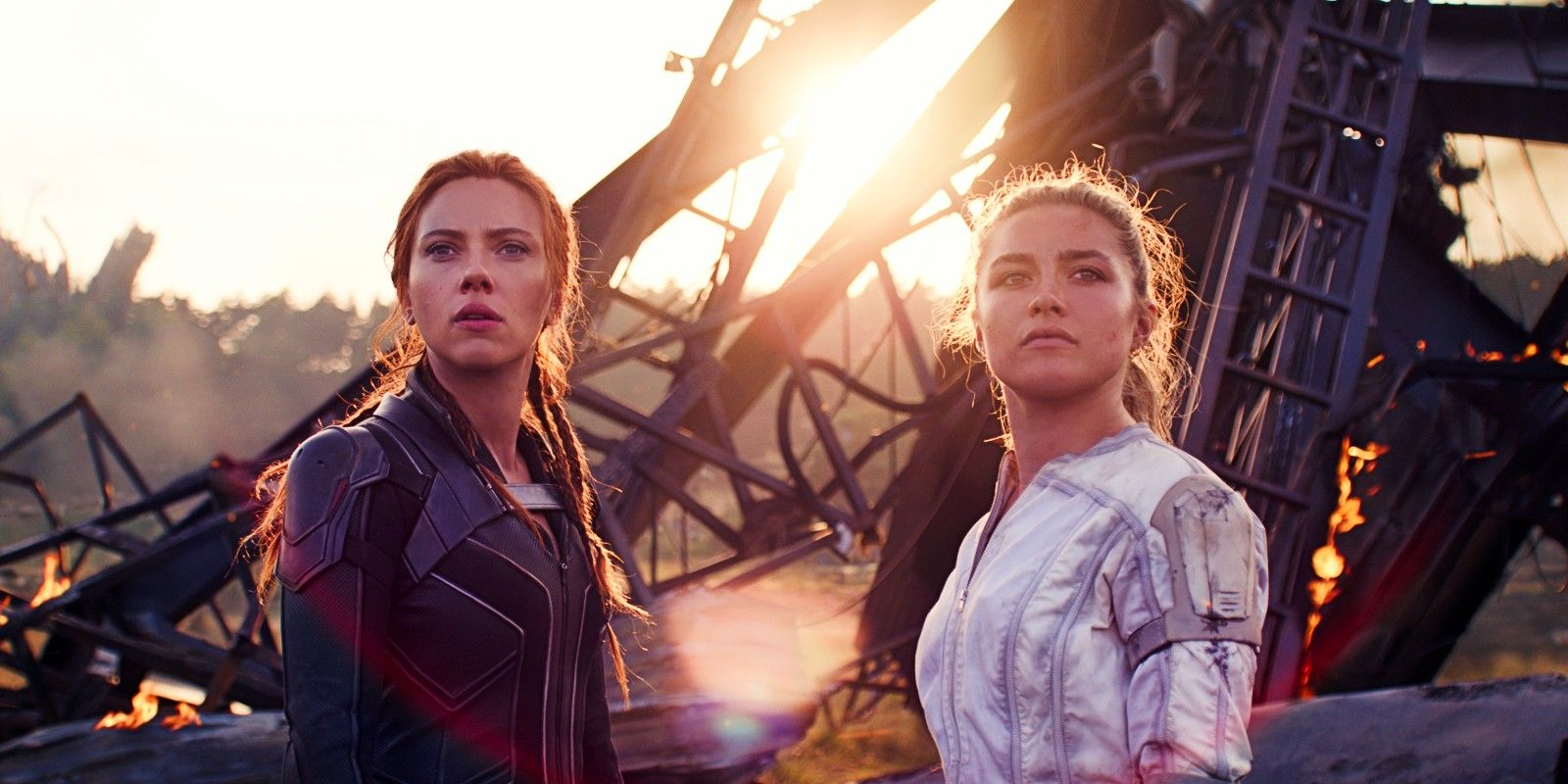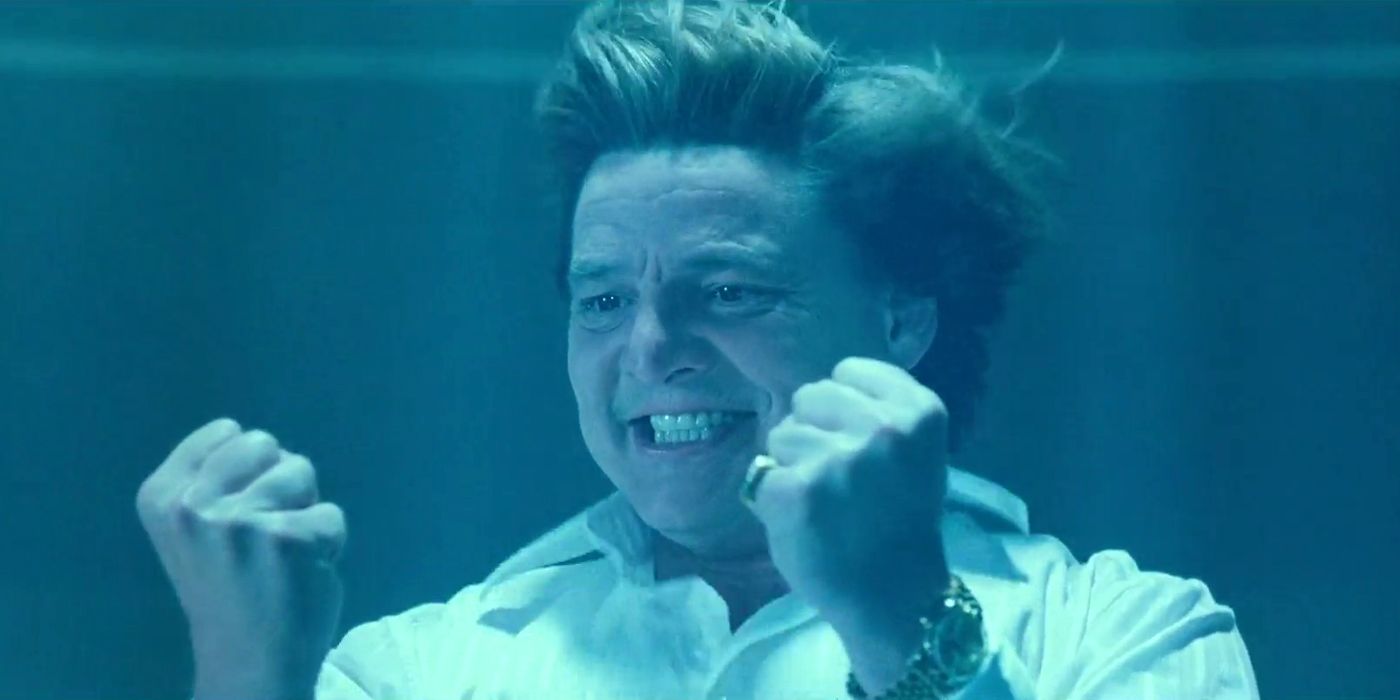In addition to giving Natasha Romanoff (Scarlett Johansson) a backstory, Black Widow was another step towards positive female representation in the superhero space. Although Black Widow premiered to mixed reviews from fans, especially over Taskmaster's identity, there were some great moments in it that cemented its place in history as a good female-led superhero movie.
Like the Wonder Woman sequel, WW84, Black Widow made some improvements in the way women are represented in superhero movies. Both movies certainly have their flaws, both in the plot and the message of empowerment they deliver, but the little they achieved goes a long way in redefining women in film.
Black Widow: The Focus Was Entirely On Women
While Natasha was the lead, another great character in Black Widow was Yelena (Florence Pugh) and both women delivered outstanding performances. Their goal throughout the movie was to free other women who were brainwashed, trained assassins.
As a female-led superhero movie, it was only fitting for women to take center stage rather than be relegated to the background of the story. WW84 had a similar approach but Black Widow took it up a notch by having a storyline primarily focused on women as well and giving them back their free will.
WW84: Celebrates Powerful Women Without Making Them Infallible
The first scene of WW84 showed an important part of Diana's childhood and a lesson that was the core foundation of the movie; no true hero is born from lies. There's no question Wonder Woman was created as a powerful woman. She's strong and has amazing powers she uses to protect and save humanity. But she's not perfect and that was one of the best things about WW84.
Too often, the portrayal of female empowerment is stereotyped to show women who are strong, powerful, successful, unflawed, and are never wrong. But that is not realistic. In WW84, Diana faces a moral dilemma that's as realistic as possible in a movie with immortals and the dead coming back to life when she has to choose between saving everyone else or keeping Steve (Chris Pine). It is a selfish choice and she knows and admits it, but it humanizes her and she does the right thing in the end.
Black Widow: Female Empowerment Is A Natural Part Of The Story
The main plot of Black Widow is to take down the Red Room and free the widows from the mind-controlled state they're in. In one scene, Dreykov (Ray Winstone) boasts about using girls, the one resource the world has an abundance of. The girls are trained, subjected to hysterectomies, and chemically manipulated so they're assassins doing Dreykov's bidding.
In freeing them from this, Black Widow highlights the importance of women having the right to do what they want and choose who they want to be. The touching storyline around Natasha's "family" dynamics also added an emotional aspect to the film about the importance of family and letting children have a safe, normal, and secure childhood.
WW84: Addresses An Issue That Women Relate To
In an earlier scene of the movie, Barbara (Kristen Wiig) was harassed by a drunk man until Diana intervened and got rid of him. After the traumatic experience, Barbara went to her office and made her wish on the Dreamstone to be strong like Diana.
The harassment Barbara experienced is, sadly, something many women face on a regular basis. In the movie, it was the catalyst for Barbara's wish that eventually led to her becoming a villain. But, it also highlighted an important issue that women everywhere deal with every day and that made the movie a bit more relatable to its target audience as they could identify with and understand the character.
Black Widow: Deviates From The Familiar Superhero Movie Formula
Besides the ones from the popular cinematic universes, there are plenty of non-MCU and non-DCEU superhero movies. One unfortunate trend of these is that most of them follow the same formula when it comes to the storyline, so it feels like watching the same movie over and over, just with different characters.
The common formula consists of a powerful item capable of destroying civilization or the universe that lands in the hands of the villain, and the hero fighting them to get it back. Avengers: Endgame had that with the infinity stones and WW84 followed this format with the Dreamstone, but Black Widow strayed slightly and provided something unique. It has great action scenes, befitting of a superhero movie, balanced with a deep dive into family dynamics and the human being behind the superhero. Although Black Widow shifts back to the MCU formula in the third act with an explosive battle scene, it's still refreshingly different.
WW84: Addresses A Stereotype About Women & Emotions
WW84 has an emotional aspect to it that makes it more than a simple superhero movie where the main goal is to save the world. Diana's grief over Steve and the difficult choice she had to make between letting him go and losing her powers is a key example of this.
One of the strongest gender stereotypes is the belief that women are more emotional and that renders them irrational. WW84 shows this with Diana who initially refused to make the rational choice to renounce her wish and prevent earth's destruction. In the film's third act, she finally makes the sacrifice, showing that she was able to rise above her conflicted emotions and make a decision that was best for everyone. In contrast, Barbara's anger causes her to wild her powers in a destructive manner, showing two sides of the coin.
Black Widow: Women Aren't Overly Objectified
Most movies have, thankfully, moved on from the tired trope of portraying women simply as eye candy. According to CBR.com, Black Widow made a conscious effort not to objectify women, which was quite a shift considering Natasha's introduction to the MCU in Iron Man 2.
The movie did not bring attention to the women's looks at any point. Even minute details like the outfits they wore showed this shift as Natasha, Yelena, Melina (Rachel Weisz), and the other widows all wore outfits that were still good-looking but were primarily functional and fitting for their action scenes.
WW84: The Message
Despite being a superhero movie with a wishing stone at the center of its plot, WW84 has several messages that apply to reality and are worth pondering. The Dreamstone had the power to grant a wish but it took something valuable in return. Diana got Steve back but was slowly stripped of her strength and powers. However, at the end of the day, her sacrifice wasn't the only thing that saved the world.
In a touching (and a little cheesy) speech, Diana pleaded with everyone to renounce their wish. As Maxwell Lord (Pedro Pascal) and many others renounced their wishes, giving up their personal gains, the world returned to normal. This extends the responsibility of doing what's right beyond one woman's sacrifice and also shows that everyone has the power to make the world a better place.

